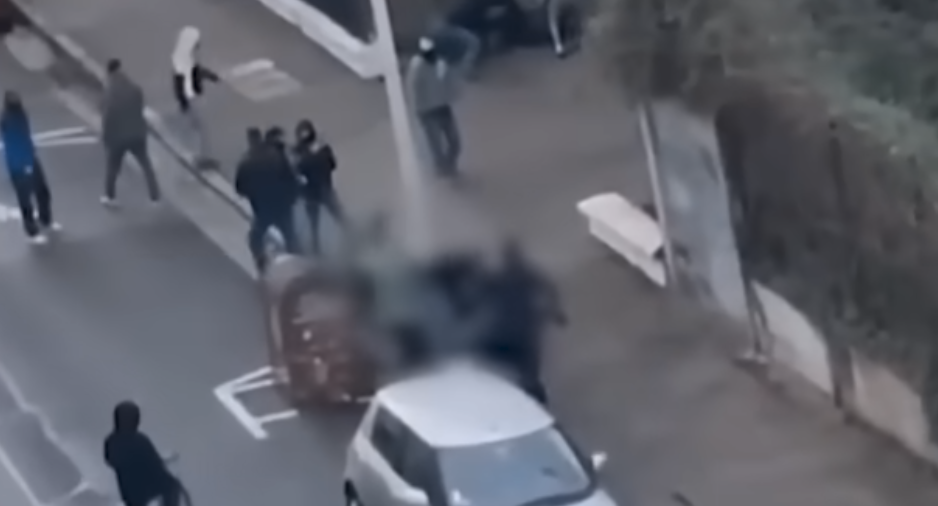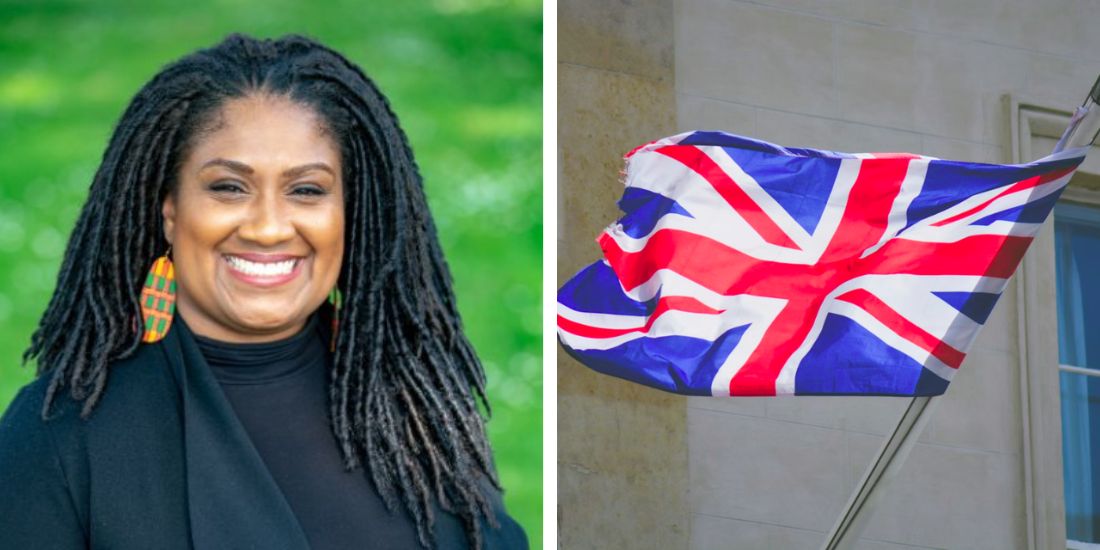This article originally appeared on watchdog.org.
Students in central Oregon could be among the first in the nation to get hands-on training — even a degree — in drone use.
The drone piloting courses, which would be part of a new two-year degree program in unmanned and traditional piloting, is awaiting state approval to be held this fall at Central Oregon Community College inBend.
Karl Baldessari, aviation program coordinator for the college, emphasized the program will be focused on commercial use training only, nothing military.
In December, the Federal Aviation Administration approved three testing ranges in Oregon for unmanned aerial vehicles. The FAA requires testing sites to follow state and federal privacy laws and develop a written plan for data retention.
While commercial drone use is not allowed in the United States as the FAA continues to figure out the new technology, it is growing internationally. Baldessari told Northwest Watchdog the goal is to get students prepared for that industry.
The college already offers an introductory course on the history of drones but the courses in the new program would be hands on and could include actual drone launches and simulations, Baldessari said.
While the advent of drone technology has state leaders and educators excited about the economic and job prospects from this burgeoning industry, an increasing number of drones in the skies has some citizens ducking for cover. Now with students preparing to learn hands on questions of privacy are bound to surface.
Becky Straus, legislative director of the American Civil Liberties Union of Oregon,told Northwest Watchdog the group doesn’t have concerns about the course itself, “but would strongly urge the college to be sure to include instruction and education about the myriad of privacy issues raised by use of drones. Well educated drone operators must know the mechanics of the technology, but also how it should be utilized to respect the privacy of those affected by its use.”
Baldessari acknowledged that there is little by the way of regulation and law so far oncommerical drone use but said the college would follow any guidelines or required privacy related training set by the FAA.
“Obviously we take the greatest care in teaching our students and training our students to be responsible,” he added.
The ACLU worked with state lawmakers and various other interest groups on drone legislation passed into law last year. The new law prohibits police and other government agencies from using drones unless authorized by statute. Police must get a warrant or have an emergency situation, such as finding a child lost in the woods or fighting a fire, and they’re restricted in how they can use the information gathered by drones.
But there’s nothing on the books yet for commercial drone use. The new law specifically left out the private industry and hobbyists after a broad first draft of drone legislation made it a crime to use a drone without a license for everything from photographing fireworks to aiding firefighters.
Lawmakers told Northwest Watchdog last year that the legislation was just the start in their effort to control the new technology.
“This technology is advancing faster than we can potentially keep up with it,” state Sen. Jeff Kruse, R-Roseburg, said.
While a few other schools across the country may be looking at drone courses, the opportunities for drone piloting training are mostly offered within the industry, Baldessari said.
“There’s a need currently for this training and education,” he said, adding it’s likely the FAA will at some point require a pilot’s license for the operation of unmanned devices.





